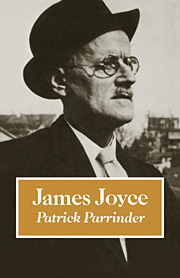Summary
Joyce and the short story
In Stephen Hero the intensity of Stephen's artistic ambition leads him to try out a whole series of aesthetic positions. He is the vivisectionist, dedicated to uncover the ‘significance of trivial things’ and their embodiment of the pathological condition of social paralysis. He is the unfrocked theologian, reinterpreting St Thomas Aquinas's requirements for beauty and recording a series of unofficial and unhallowed epiphanies. He is at once an Ibsenite, a classicist, an aesthete, and a poet storing up a treasure-house of words. All these attitudes may be found in Dubliners and yet the result is not one of incongruous variety or fluctuating uncertainty but of a subtle and substantial artistic achievement. Dubliners is a work of its time which owes much to the established conventions of late nineteenth-century short fiction. Nevertheless, in this youthful work Joyce outstripped his immediate competitors to produce a new type of short story, which was as intricate and carefully crafted as a lyric poem.
He was categorical enough in the statements he made about the book in letters between 1904 and 1906, when the bulk of the stories were completed. To Constantine Curran in 1904 he observed that ‘I am writing a series of epicleti – ten – for a paper. I call the series “Dubliners” to betray the soul of that hemiplegia or paralysis which many consider a city’.
- Type
- Chapter
- Information
- James Joyce , pp. 41 - 70Publisher: Cambridge University PressPrint publication year: 1984



